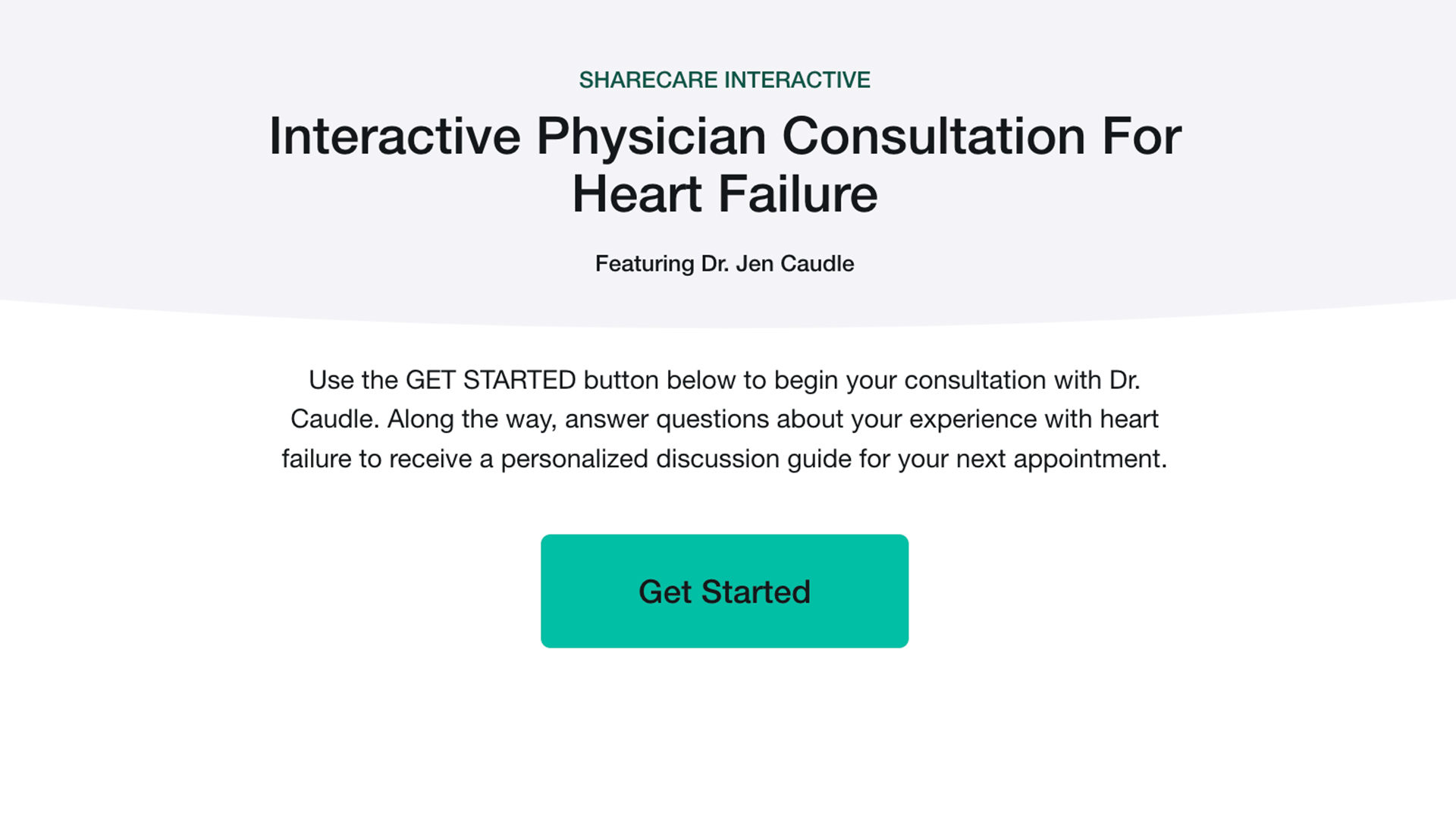Updated on October 22, 2024
In this video, Ed shares the important lifestyle changes he's made after his diagnosis, from paying attention to food labels, to getting more active, to changing the musical instrument he plays.

Transcript
Well my heart was beating normally, I-- my heart kind of felt like-- [BASS NOTES] like that, like a normal everyday heartbeat
like everybody else has. And yet when I got the congestive heart failure and I started having issues, it was a lot--
[BASS NOTES] jumping all over the place, no normal rhythm at all. And once it got fixed, it felt like--
[BASS NOTES] it was perfect after that
once I got it fixed up, so I was feeling good. I grew up right outside of New York City on the New Jersey side. To New York City people that's New Jersey, but to New Jersey,
we call ourselves New Yorkers to a degree. Attended Juilliard. After my schooling was over, I was a journeyman musician.
And I did that for my entire lifetime. I played upright bass, stand-up bass. As soon as I had my heart problems,
I found that I could not physically play the instrument any longer. I do find that being able to play an electric bass as
compared to an upright bass is rewarding in and of itself. Considering the consequences, I'll take it. Pretty exciting, huh?
My doctor told me that in order to get better, that in addition to a dietary adjustment, which took, honestly,
some changes, anything that had salt added to it, you really can't have anything that has high salt content. And it's not just a question of a salt-shaker,
it is paying attention to food labels. I never thought that I would ever be looking at labels on cans and boxes to see what I could eat,
but here it is. Yes, so it's definitely my new normal, is making sure that my sodium counts stay low.
I do have to walk and make sure that I walk every single day. If for some reason you find out you have congestive heart failure, listen to what the doctor says.
My primary care physician who found this first put me on the right track right away. You'd also need to make sure that your medication
intake stays on track. There's a reason these doctors provide these things to you. So pay attention to what the doctor says, and also take
a really, really long look at the type of food that you ingest. I didn't ever really think about it. Honestly I just didn't until I found out what I had to eat
and what I could eat and what I shouldn't eat. And the list of shouldn'ts was considerably longer than the list of coulds.
Doctor, diet, and finally, just make sure you're getting that routine exercise whatever that may be. It doesn't mean you have to do a 100-yard dash every five
minutes, but you do have to stay active. [MUSIC PLAYING]




